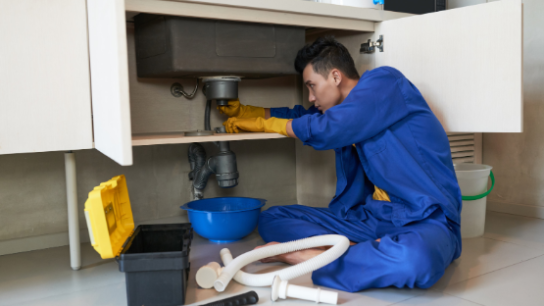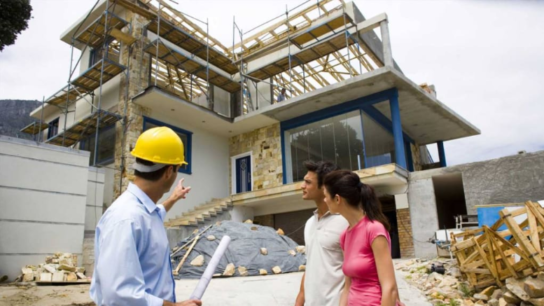In recent years, more and more people are becoming aware of how their lifestyle choices impact the environment. When it comes to housing, traditional construction methods often lead to excessive waste, high energy consumption, and a larger carbon footprint. For environmentally conscious buyers, prefabricated homes offer a modern and sustainable alternative. These homes are designed to minimize environmental impact while providing the comfort and quality of conventional houses.
Prefabricated Homes: An Eco-Friendly Approach
Prefabricated homes, also known as modular or factory-built homes, are constructed in sections at a factory before being transported to the building site. This method of construction offers several environmental benefits. First, the controlled factory environment allows for more efficient use of materials. Unlike traditional construction sites, where excess materials are often discarded, prefabricated homes are built with precise measurements and less waste. This careful planning ensures that fewer raw materials are wasted, which in turn reduces the demand for new resources.
Another environmental advantage of prefabricated homes is their energy efficiency. Many modern prefabricated homes are designed with energy-saving features, such as high-quality insulation, energy-efficient windows, and sustainable building materials. These features help maintain a comfortable indoor temperature while reducing the need for excessive heating and cooling. By lowering energy consumption, these homes contribute to a smaller carbon footprint, making them an attractive choice for buyers who prioritize sustainability.
Reduced Construction Impact
One of the main environmental concerns with traditional construction is the disturbance it causes to the surrounding land. On-site construction often requires clearing large areas, which can harm local ecosystems. In contrast, prefabricated homes significantly reduce this impact. Because most of the construction occurs in a factory, the time spent on-site is much shorter. This means less disruption to the land, less noise, and lower levels of pollution during the building process. For environmentally conscious buyers, this is a major advantage, as it supports the preservation of natural surroundings.
Efficient Use of Resources
Prefabricated homes also promote better resource management. The factory production process allows builders to use materials more efficiently, and many prefabricated homes incorporate recycled or sustainably sourced materials. For example, some homes use recycled steel or reclaimed wood in their construction. This approach reduces the environmental strain caused by extracting new raw materials and promotes a circular economy where resources are reused rather than discarded.
Water conservation is another benefit of prefabricated homes. Some designs integrate water-saving plumbing systems and rainwater harvesting features, which help reduce water usage. By combining efficient construction methods with sustainable design elements, prefabricated homes offer a more responsible way to live while respecting the planet’s limited resources.
Shorter Construction Time and Less Energy Waste
Another environmental advantage of prefabricated homes is the shorter construction timeline. Traditional homes often take several months or even years to complete, consuming energy and generating waste throughout the process. Prefabricated homes can be completed in a fraction of the time because many sections are pre-built in a factory setting. This shorter timeline not only reduces energy use during construction but also minimizes the overall environmental impact. Less time spent on construction means fewer emissions from machinery and transportation, contributing to a greener building process.
Adaptable and Long-Lasting
Prefabricated homes are designed to be durable and flexible. Many modular designs allow for easy upgrades or expansions without requiring a full rebuild. This adaptability extends the lifespan of the home, reducing the need for demolition and new construction in the future. Environmentally conscious buyers benefit from a home that can grow with their needs while maintaining a sustainable footprint.
Conclusion
For buyers who care about the environment, prefabricated homes present a practical and responsible choice. They offer energy efficiency, reduced construction waste, minimal land disruption, and the use of sustainable materials. Additionally, the shorter construction timeline and flexibility of design make them both convenient and environmentally friendly. Choosing a prefabricated home allows buyers to enjoy the comfort and style of a modern house while supporting a more sustainable way of living.
In an era where every choice matters, prefabricated homes demonstrate that eco-friendly living and modern comfort can go hand in hand.








